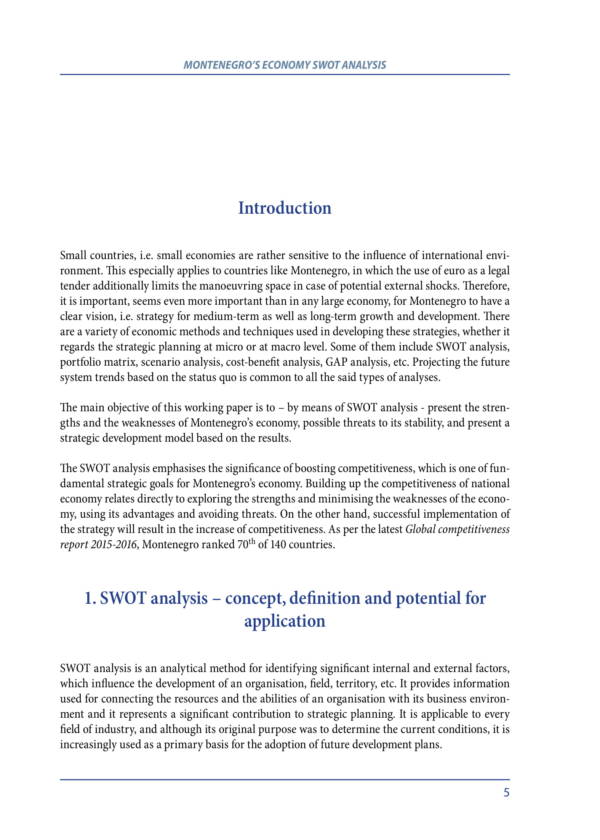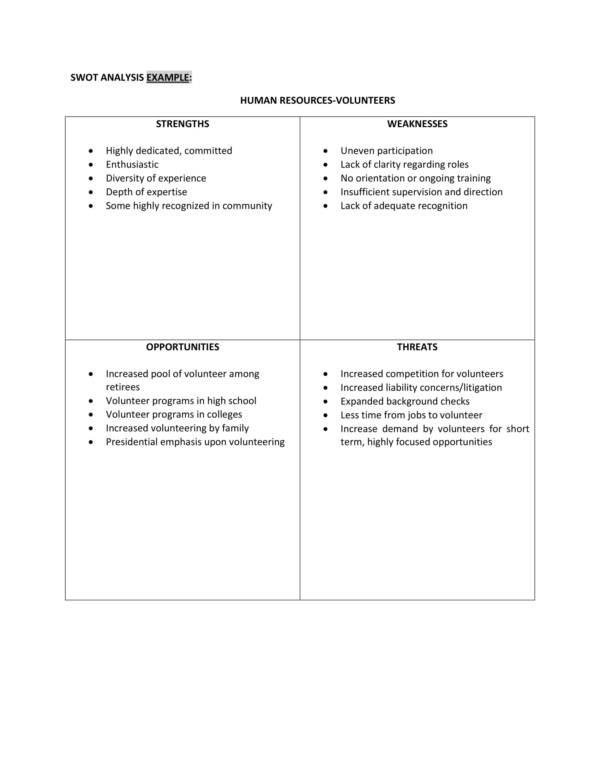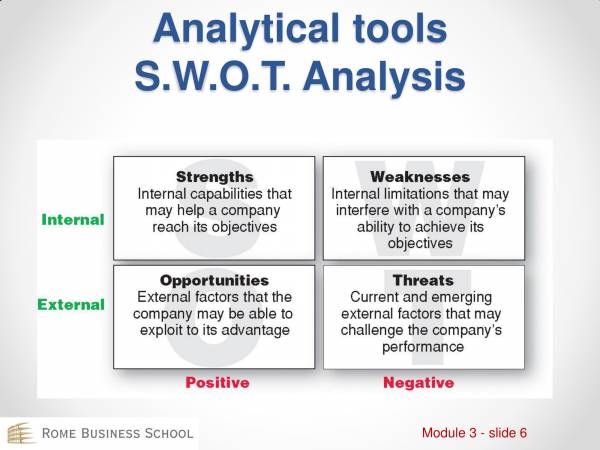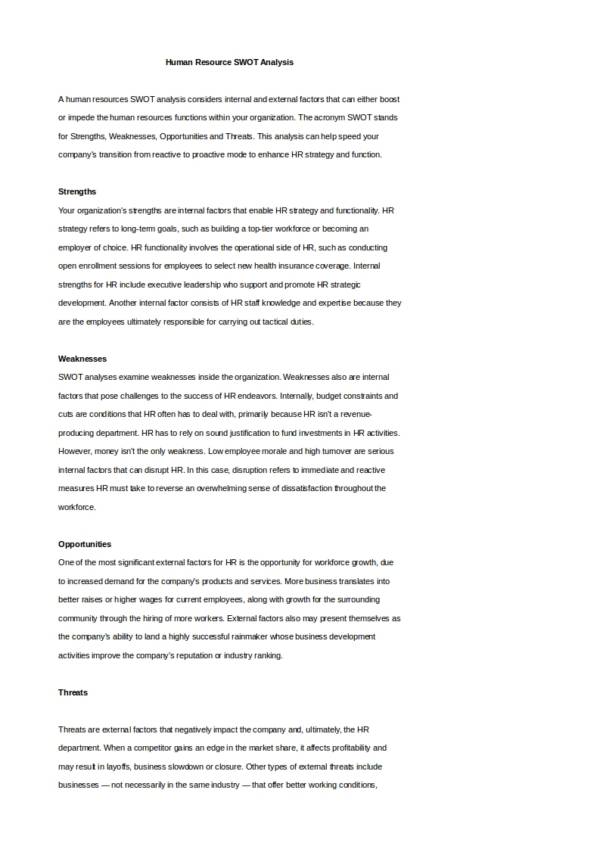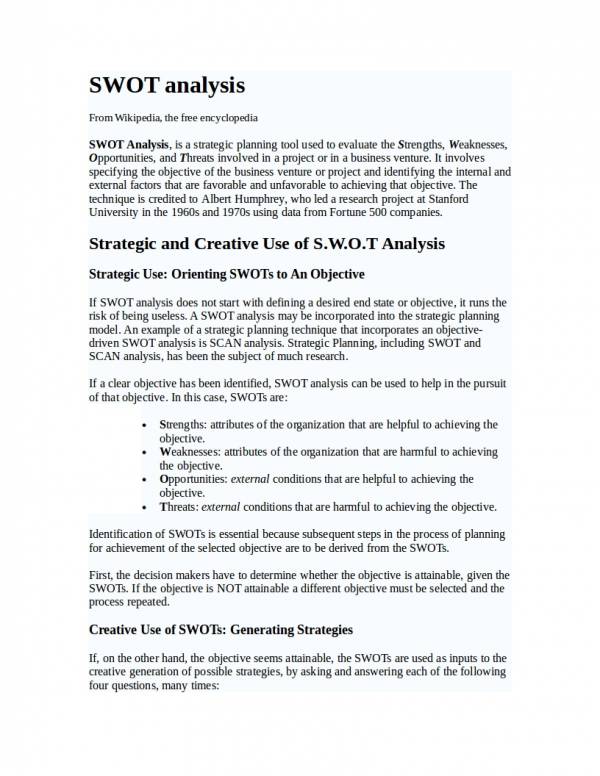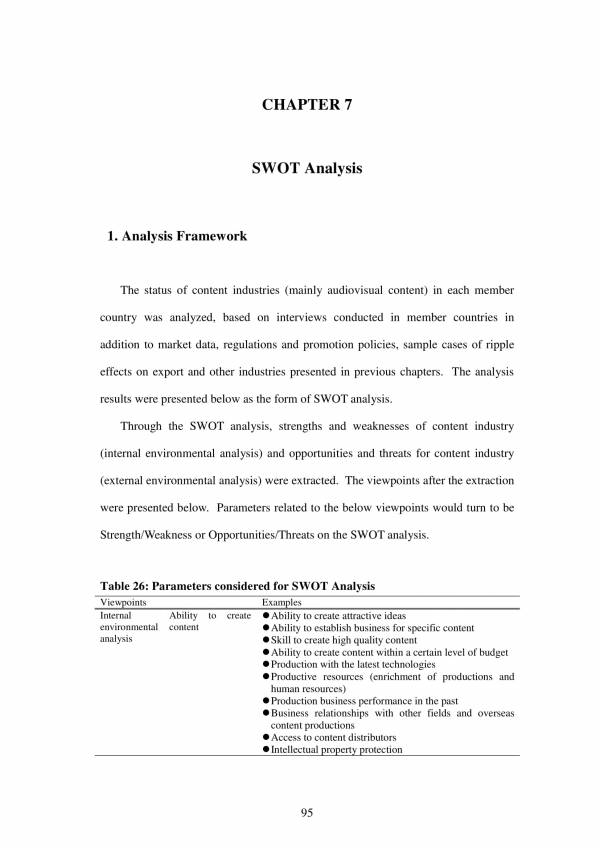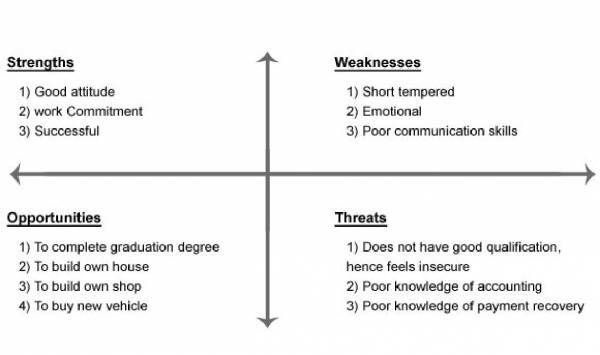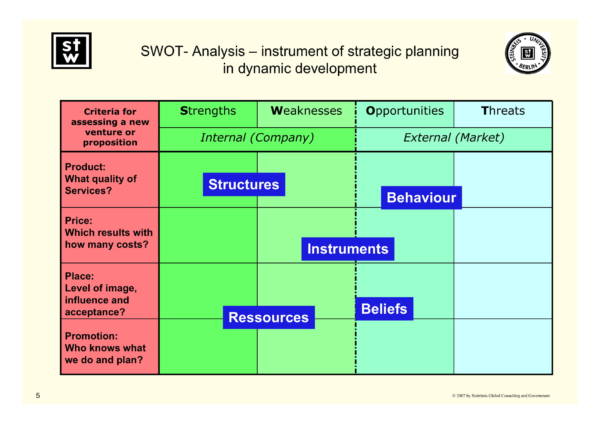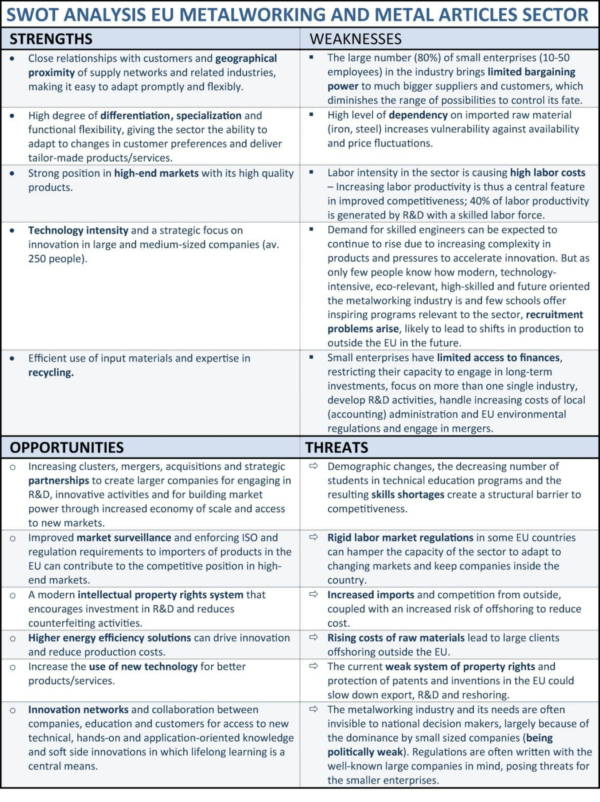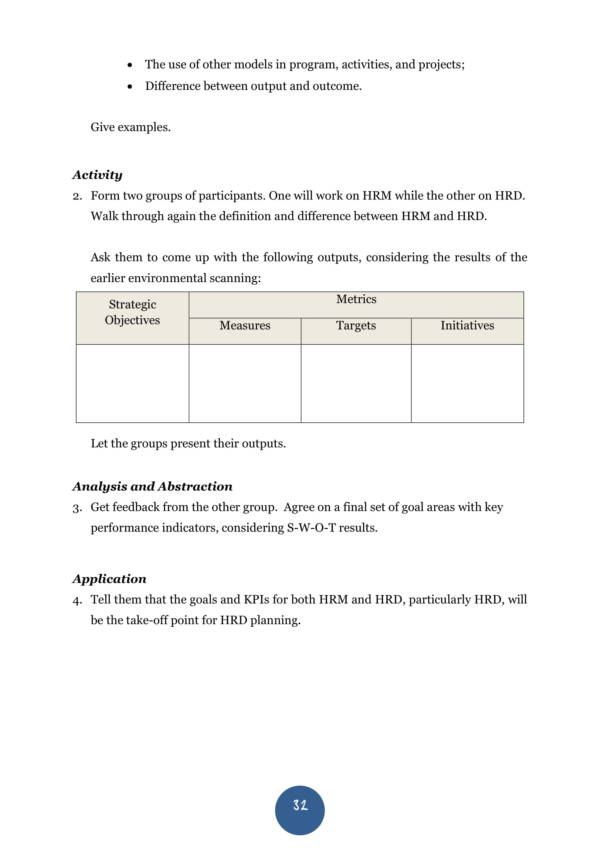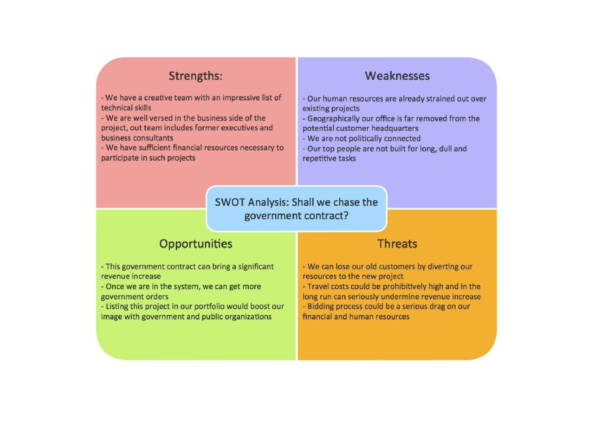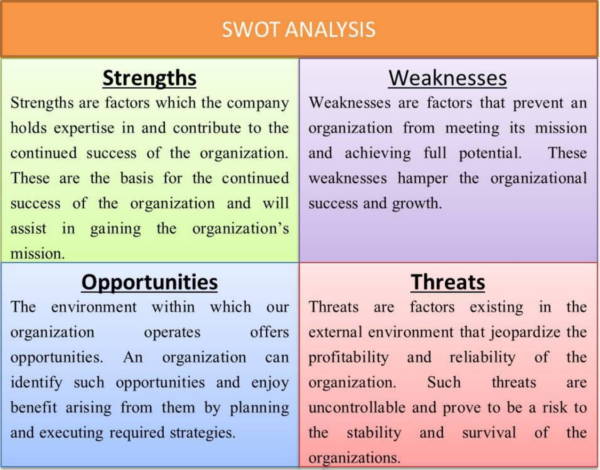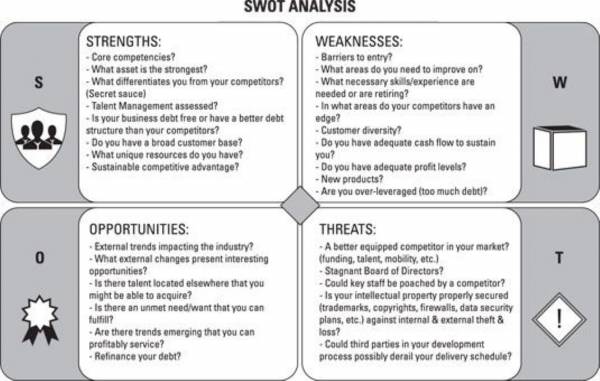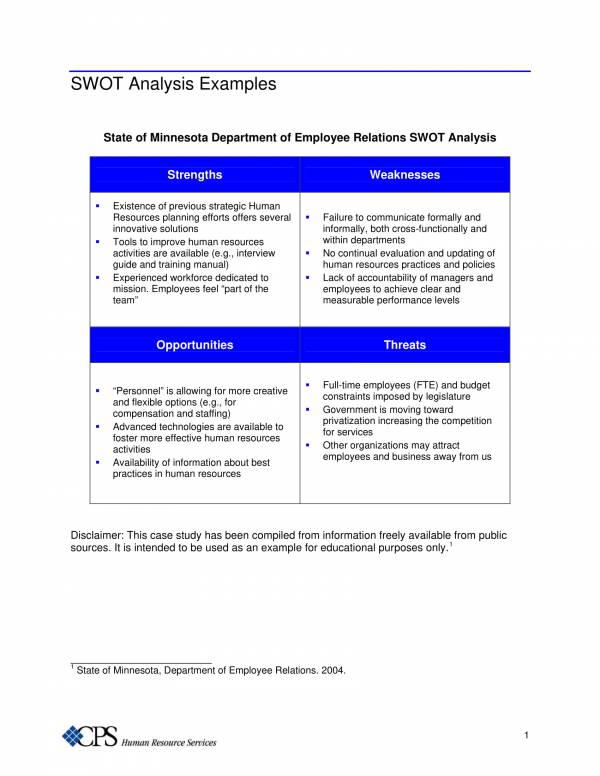One of the first departments to be created in a company is the human resources department. Starting companies should have a human resources department in place. While the owners and managers are working on strategic plans on how to the company can generate income and set standard procedures, the human resources department is responsible for helping the company grow in number and expand.
The main task of the human resources department is to look for qualified prospective applicants and hire candidates who are compatible for the job. Small groups with different human resources tasks make up this department. To help the human resources department to function accordingly and effectively they utilize a tool that will help them create a doable strategic plan. This tool is an HR SWOT analysis tool. It plays an important role in the any human resources department in any industry. How? We will find that out below. You may also check free HR SWOT analysis samples and templates that are found in this article.
SWOT Analysis for Human Resources Template
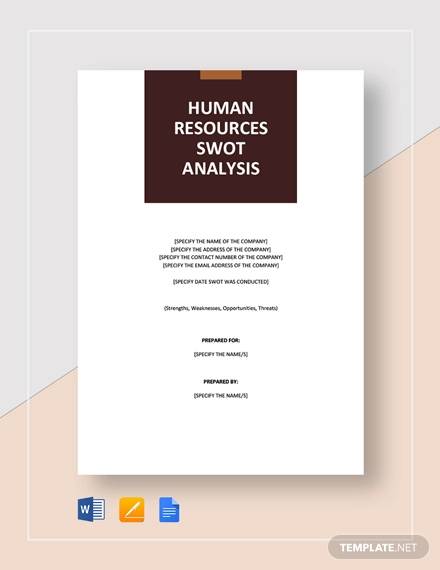
Recruitment Swot Analysis Template
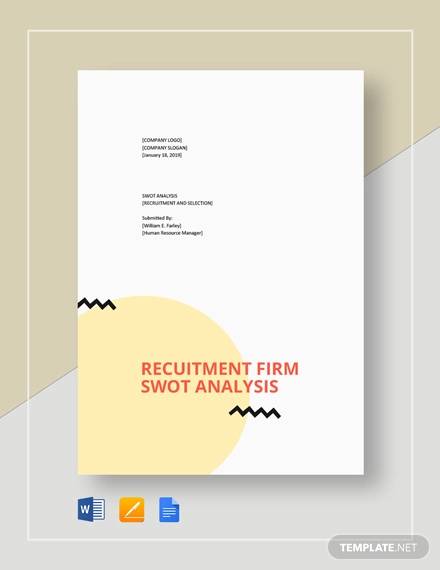
SWOT Analysis for Template Accounting
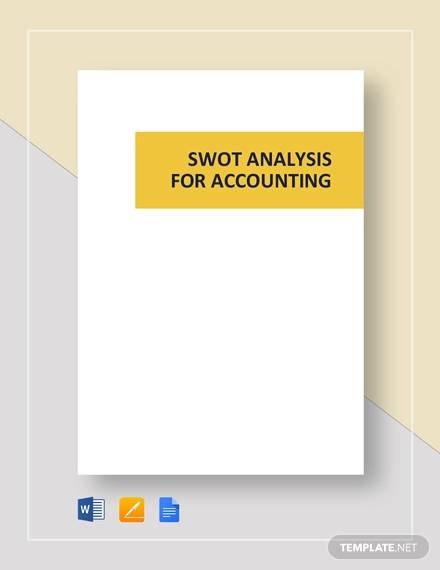
Departmental SWOT Analysis Template
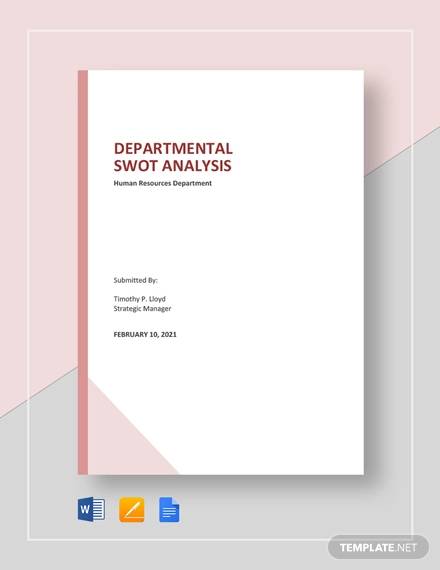
Simple SWOT Analysis Template
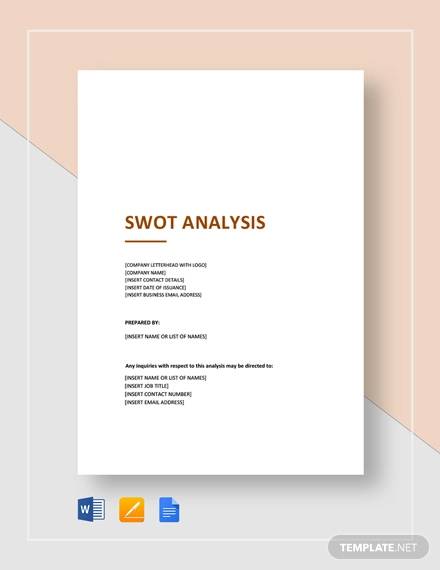
Free SWOT Analysis Template
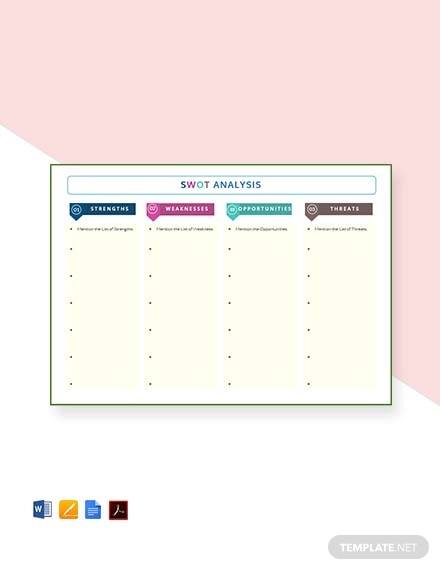
Free Blank Swot Analysis Template
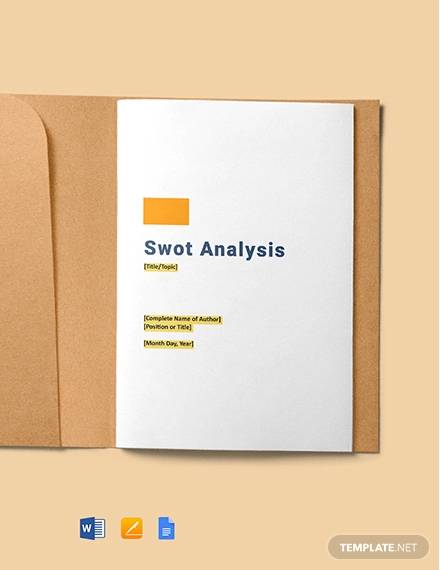
Free Sample SWOT Analysis Template
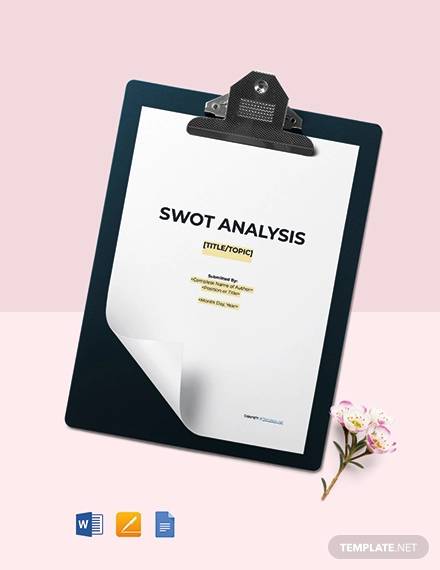
Standard HR SWOT Analysis
Human Resources Volunteers SWOT Analysis
HR Manager Strategy and Analysis
Human Resource SWOT Analysis Template
Editable SWOT Analysis Template
Human Resource SWOT Analysis Example
Basic Human Resource SWOT Analysis Example
Human Resource Management SWOT Analysis
SWOT Analysis Background
A SWOT analysis is an acronym that stands for strengths, weakness, opportunities and threats. It is a tool used by both individuals and companies to help them create a strategic plan either for personal needs or for business needs. It is a widely used tool because of it can be easily conducted and is cost-effective. But when did everything about a SWOT analysis started? Let us take a look back to the time when it was first used.
The use of a SWOT analysis dates back to the 1960s and the 1970s. The man behind this analysis technique is Albert Humphrey. He was working on a research project in Stanford back then using different data from top companies. With the goal to identify why planning in the corporate field failed, they came up with the tool called SOFT analysis. SOFT stands for strengths, opportunities, faults and threats, which later on became the SWOT analysis that we now now know. The use of the SWOT analysis tool quickly spread to other businesses and business functions due to the amazing results that it provides.
Currently, companies and businesses now use a SWOT analysis when creating new products, setting goals and objectives, introduce new processes, make improvements, etc. There are also tons of benefits that a SWOT analysis is able to provide to whoever uses it. Other related articles you may be interested in are Hotel SWOT Analysis Samples & Templates and Retail SWOT Analysis Samples &Templates.
What Is an HR SWOT Analysis?
A SWOT analysis is also used in human resources. It helps determine the strengths, weakness, opportunities and threats in the human resources department. There are a number of things that are taken into consideration a human resources SWOT analysis and they are external and internal factors that that can affect the company or business. The effects of these factors can either boost the functions of the human resources team or impede its functions within the company.
A SWOT analysis is used for a lot of useful and beneficial things. It mainly focuses on individually analyzing the strengths, weakness, opportunities and threats of a company, but there are still other things were it is being used on. The following is a list of the uses of an HR SWOT analysis.
- It is used determine why and how the strategic plan of a company or organization fails as it is able to point out its strengths, weakness, opportunities and strengths.
- A SWOT analysis is used to help in in the planning and implementation of new processes and standards in human resources as well as in the management side of the company or organization.
- An HR SWOT analysis is used to introduce a new HR model or new HR process that is to be followed by the entire company or organization. It is also used as a basis for redesigning the current HR processes that needs to be changed or improved to keep up with the changing needs of the company or organization.
- Since it requires that every member of a team provide an input based on their observations, a SWOT analysis is also a way to bring team members together and improve their team spirit.
For one of the most important and very functional department in a company or organization, it is necessary that a SWOT analysis be done. If you would like to read more about related articles, you may check them out on our website. Some examples are Detailed SWOT Analysis Samples & Templates and Hospital SWOT Analysis Samples & Templates.
What Are the Key Principles of a SWOT Analysis
There are key principles of a SWOT analysis that you should be aware of and they are the following.
- A SWOT analysis should be conducted by an individual or group who knows best about the company or organization and how it operates so that the subjective data gathered is appropriate and useful to the company or organization.
- There should be a defined topic for every SWOT analysis conducted and that defined topic should be the focus or basis of the SWOT analysis.
- The internal and external factors influence or greatly impacts the defined topic is determined and pointed out by the SWOT analysis.
- When conducting a SWOT analysis, one should follow the defined rules and process to be able to come up with the best results.
- A short SWOT analysis is preferred as it can produce more significant and meaningful results.
They key principles will help and guide you in conducting SWOT analysis to ensure that you only get to the important and useful information to be able to come up with an effective strategic plan.
Human Resource Manufacturing SWOT Analysis Example
Printable HR SWOT Analysis
Recruitment Human Resource SWOT Analysis Example
Govt Contract for HR SWOT Analysis Example
Company HR SWOT Analysis Example
Executive Recruitment HR SWOT Analysis Example
Completed SWOT Analysis Sample
The Four Main Components of a SWOT Analysis
We now know that the acronym SWOT stands for strengths, weakness, opportunities and threats. These four are also the main components of a SWOT analysis. Let us look deeper into what these four components.
Strengths
Strengths refer to the things that one is good at or excels in. In a SWOT analysis, determining your strengths is one of the first few things that needs to be done. One’s strengths, include selling unique stuff the only supplier of a particular product in the area or community, being open for 24 hours, not having any business competition in the same field, providing quality products and having the best customer service in town.
Weakness
The things that you are not good at or the things that you are unable to do due to certain reasons are your weaknesses. Weaknesses come in many forms and they differ from one company to another. In a SWOT analysis, one’s weaknesses is eliminated or converted into their strengths. Examples of weaknesses not having a reliable supply of products or services, staff shortage, disorganized business management, unskilled workers, etc.
Opportunities
Opportunities are favorable circumstances which could be purely all in your favor or a mix of both. When you are presented with a great opportunity, you would initially want to grab it. Sometimes, opportunities come with great risks and thinking about it thoroughly is necessary in order to come up with a firm decision.
Threats
Things that impedes or negatively affects a company or organization are referred to as threats. Threats need to be identified and so that a it can be analyzed and a solution can be found to fix it or completely have it eliminated. Examples of threats are having an unsafe environment to conduct business, unavailability of certain products or things, unable to supply the demands of the customers, unable to detect problems within the company or organization, etc.
The four main components of a SWOT analysis make up the entire tool. Data or information gathered and analyzed are based on these four components that is why it is important that one has enough knowledge on what each of the components are. This will help in coming up with an effective and reliable result. You may also check out useful related topics, like Health Care SWOT Analysis Samples and Templates and Restaurant SWOT Analysis Samples & Templates.
We hope that you find this article useful. There are other SWOT analysis related topics that you can find that will help you further your understanding of this important planning tool. Also, it is best to learn and study about it together with samples and templates so that you can visualize what you are trying to learn about. Check out a variety of samples and templates on our website, including SWOT analysis samples and templates.
Related Posts
FREE 10+ Fishbone Root Cause Analysis Samples in PDF
FREE 11+ Cost Volume Profit Analysis Samples & Templates in PDF | MS Word
FREE 6+ Corporate Portfolio Analysis Samples in PDF
FREE 10+ Fault Tree Analysis Samples in PDF
FREE 10+ Comp Analysis Samples in PDF
FREE 10+ Fishbone Analysis Samples in PDF
FREE 10+ Individual Swot Analysis Samples in PDF
FREE 10+ 5 Year Analysis Samples in PDF
FREE 10+ Benefit Costs Analysis Samples in PDF
FREE 10+ Job Hazard Analysis Samples in PDF
FREE 10+ Primary Source Analysis Samples in PDF
FREE 10+ Critical Path Analysis Samples in PDF
FREE 10+ Competition Analysis Samples in PDF
FREE 10+ Activity Hazard Analysis Samples in PDF
FREE 10+ Risk Benefit Analysis Samples in PDF

